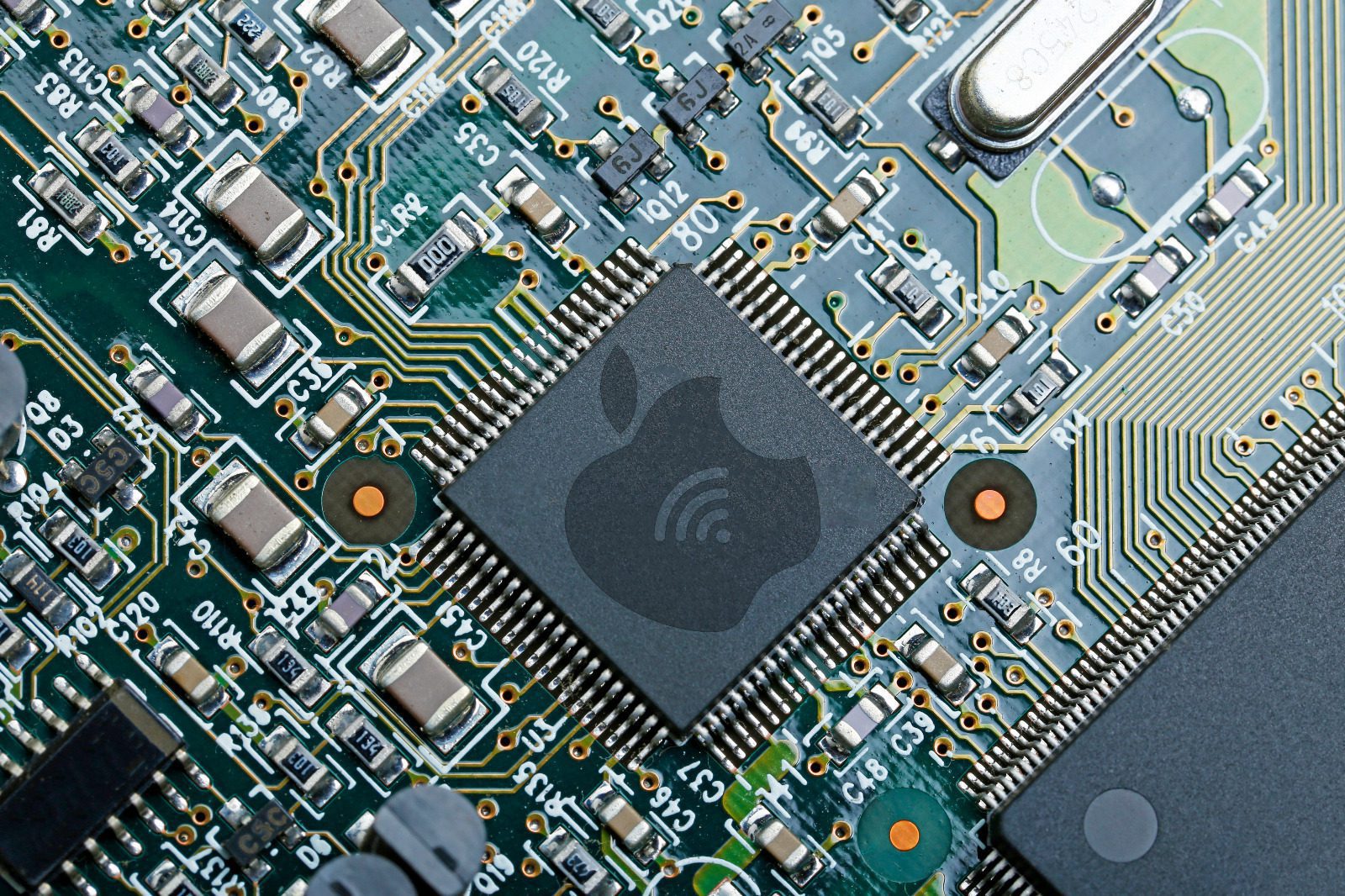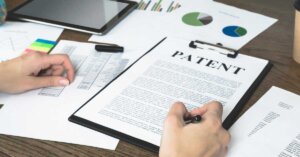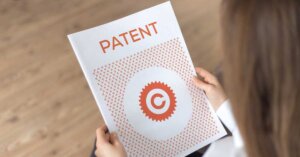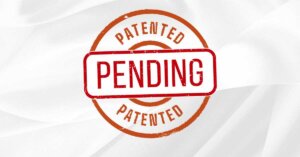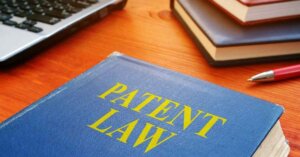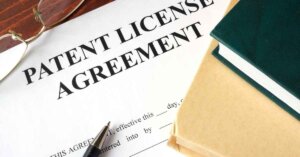After years of legal battles, The California Institute of Technology (Caltech) has reached a settlement over their dispute against Apple and Broadcom, which at one point was worth an astonishing one billion US dollars.
The original complaint was first filed in 2016 in California. It was centered on Caltech’s Wi-Fi based patents, which they believe have been infringed upon by Apple and Broadcom. Caltech alleged that Apple willingly utilized their patented Wi-Fi technology in many of its products since the iPhone 5 without licensing or paying for royalty fees. Meanwhile Broadcom are also targeted by Caltech for creating the Wi-Fi chips used in Apple products.
Granted in 2006 and 2012, the patents in question involve:
- US Patent 7,116,710: “Irregular repetition codes for robust low-density parity-check decoders”
- US Patent 7,421,032: “Serial concatenation of interleaved convolutional codes forming turbo-like codes”
- US Patent 7,916,781: “Serial concatenation of interleaved convolutional codes forming turbo-like codes”
- US Patent 8,284,833: “Low-density parity-check decoder for irregular LDPC codes”
These patents mainly concern wireless technology that are instrumental to modern Wi-Fi technology as it enables faster and more reliable wireless connections. The current standards for Wi-Fi, the 802.11n and 802.11ac both utilize these patents.
Caltech argued they deserve royalty rate of $1.40 per infringing device, which amounted to a total of $1.4 billion in damages. In early 2020, they managed to achieve a similar sum as Apple was ordered to pay Caltech 837.9 million dollars, while Broadcom was ordered to pay 270 million, mounting to a total of 1.1 billion dollars jury verdict—a number that remains as one of the biggest patent verdicts ever.
However, multinational companies rarely sit still in such situations. Apple and Broadcom responded by motioning an appeal to the U.S. District Court for the Central District of California. They challenged the jury’s findings on validity, infringement, willfulness, and damages. While most of the appeal was denied, a motion for a new trial was granted, as it was rules that there were errors in the calculation of the royalty numbers that was the base for number of damages awarded to Caltech. A new trial on damages was ordered unless Caltech agreed to remit its damages award to $837.6 million. Caltech opted for the new trial.
Meanwhile, Apple and Broadcom motioned another appeal (while raising the same issues) to the U.S. Court of Appeals for the Federal Circuit, the specialized court for patent appeals. The appeal court agreed with the district court in most issues except on damages. The appeals court held that the jury’s original award of $1.1 billion in damages was not excessive, thus vacating the district court’s order for a new trial on damages
The dispute to another and final turn this month, as Caltech declared that they had reached a settlement with Apple and Broadcom, while also filing a notice of voluntary dismissal with prejudice with the district court, which means that they can’t file another lawsuit based on the same claims against Apple and Broadcom.
The details of the settlement are not disclosed, but commentators speculate that it may involve Apple and Broadcom paying Caltech a sum close to the initial verdict. Additionally, it could encompass a licensing arrangement related to the use of Wi-Fi patents in Apple products. If this speculation holds true, it should be seen as a highly positive development for research and innovation in the United States, because of the Bayh-Dole Act—the act which stipulates that universities reinvest revenues from patent licensing into funding future academic research. Caltech’s win could perhaps be instrumental not only for their programs, but tech-based academia as a whole. It could be regarded as a testament that academic researchers, not just giant companies, still play a crucial and respected role in innovation.
Am Badar and Am Badar IP Law Firm is the ideal place for Partners who need services or consultations related to Intellectual Property. Contact us via ambadar@ambadar.co.id. We will provide the best solution according to your situation.
Source:

